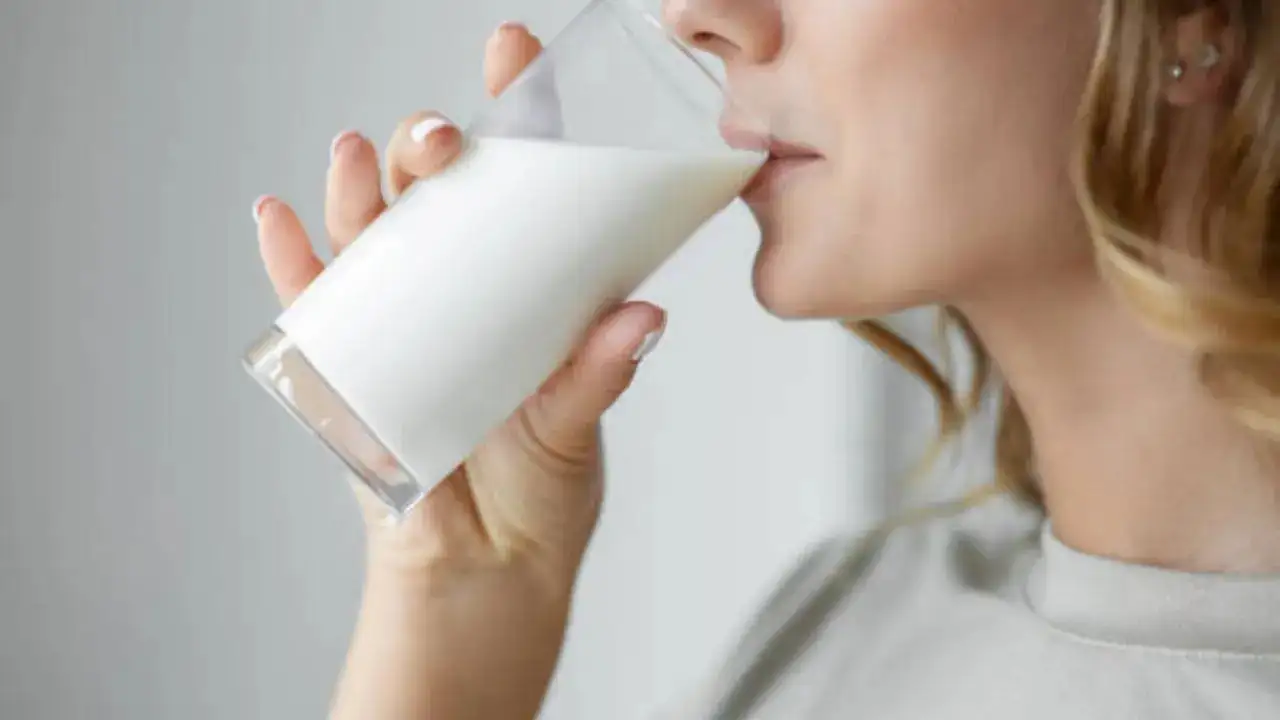
Milk is more hydrating than water
It’s the rainy season, and along with the lush greenery and respite from heat, monsoons in India are known to bring high humidity levels. One of the most uncomfortable aspects of the monsoon season – high moisture levels in the air make you sweat and become dehydrated easily.
According to doctors, hydration is essential for your overall health, and not getting enough water can lead to a number of consequences, from headaches to feeling dizzy and lightheaded, and can even be life-threatening. While it is recommended to drink at least six to eight glasses of water a day and it is not an issue since it is cheap and freely available, there are a few other fluids as well that help keep you hydrated, and one that is more hydrating than water.
A recent study from the University of St Andrews in Scotland compared the hydration responses of several different drinks against water and found that milk is, in fact, more hydrating than water.
How does milk hydrate your body better?
According to scientists, drinking lower-fat milk can keep you hydrated. Experts say beverages containing sugar, fat, or protein often do a better job at keeping you hydrated for longer than water typically does.
It happens as your body responds well to beverages and absorbs them. Milk is loaded with lacto type of sugar, specifically a disaccharide, a primary carbohydrate. It helps keep you hydrated for longer as the nutrients slow the emptying of fluid from the stomach. Naturally, milk also contains sodium, which helps the body hold onto water, meaning you become less likely to need to pee afterwards. While this is a normal bodily function, peeing less frequently also means you experience less fluid loss and stay hydrated.
However, not all milks will have the same effects, and plant-based milks generally have a much higher water content than cow's milk. While skim and whole milk will hydrate you, experts say that soy milk contains about 92 per cent water, and oat milk contains 91 per cent, meaning they are not as hydrating.
What happens when your body becomes dehydrated?
Doctors say if you have symptoms of dehydration, you need to get serious medical care right away. It can cause severe complications like:
- Electrolyte imbalances
- Heatstroke
- Kidney issues, including kidney stones and kidney failure
- Shock, coma, and even death
Ways to get yourself to drink more beverages to prevent dehydration
To make sure you don’t get dehydrated, you must:
- Carry a water bottle with you and keep it filled.
- Choose water instead of sugary drinks, including during, before, and after meals.
- Add flavour to water. Experts recommend adding a wedge of lime or lemon, which may make it tastier. You can also try some flavoured drink mixes, but watch out for the sugar.
- Eat foods that are high in water content. Many soups, fruits, and vegetables meet this description.
- If you don’t like drinking a lot of water at once, try smaller doses spread out throughout the day.
